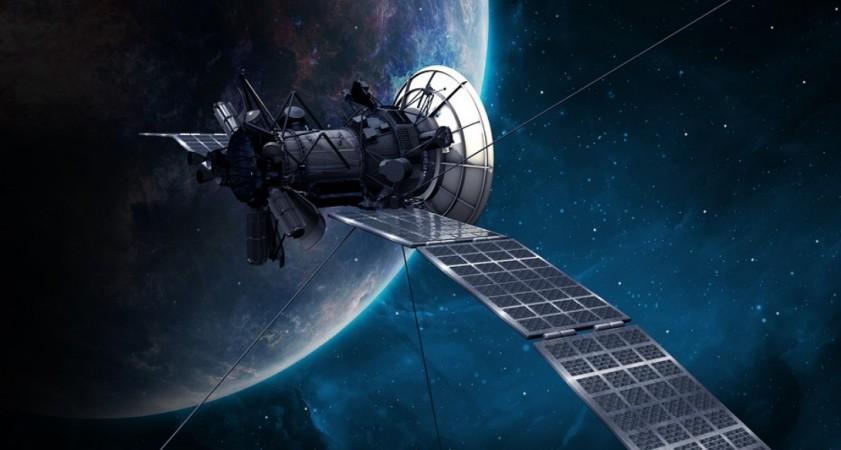
Recently, it has been reported that Elon Musk, the SpaceX founder is gearing up for an internet revolution. The South African billionaire's company is planning to send 60 satellites as a part of their Starlink project, a mission aimed at beaming internet from space, thus making it accessible to everyone. However, some experts believe that Elon Musk's move could affect future space missions, and it may trap humans on earth.
As per these experts, Elon Musk's new mission could increase the amount of space debris, and finally, it will make it harder for rockets to escape Earth's orbit. Space experts reveal that this fear of colliding with an object in space is called 'Klesser syndrome'. It should be noted that there are an estimated 170 million pieces of junk floating in Earth's upper atmosphere, but only 22,000 are being tracked by space experts.
"The worst case is: You launch all your satellites, you go bankrupt, and they all stay there. Then you have thousands of new satellites without a plan of getting them out of there. And you would have a Kessler-type of syndrome," said Stijn Lemmens, a European Space Agency scientist in an interview with Scientific American.
Experts also suggested that it will take more than a thousand years for any SpaceX satellites in our orbit to descend to Earth and finally burn up in the atmosphere.
In order to avoid potential collisions, SpaceX is launching the satellites into a lower orbital planet. However, critics claim that even after taking such precautions, mega-constellations like the Starlink project could cause at least 67,000 collisions in a year. Apart from causing threat to space travel, collisions in space could also drastically affect technologies like television, GPS, mobile phones and weather-related services.
"This is something we need to pay attention to. We have to be proactive," Glenn Peterson, an aerospace engineer told MIT Technology Review.
Initially, 60 satellites will be launched as a part of the Starlink project. Elon Musk had also revealed that he plans to send nearly 12,000 satellites by the mid-2020s as a part of this project. If this project becomes successful, the internet will become 40 times faster irrespective of location.

















